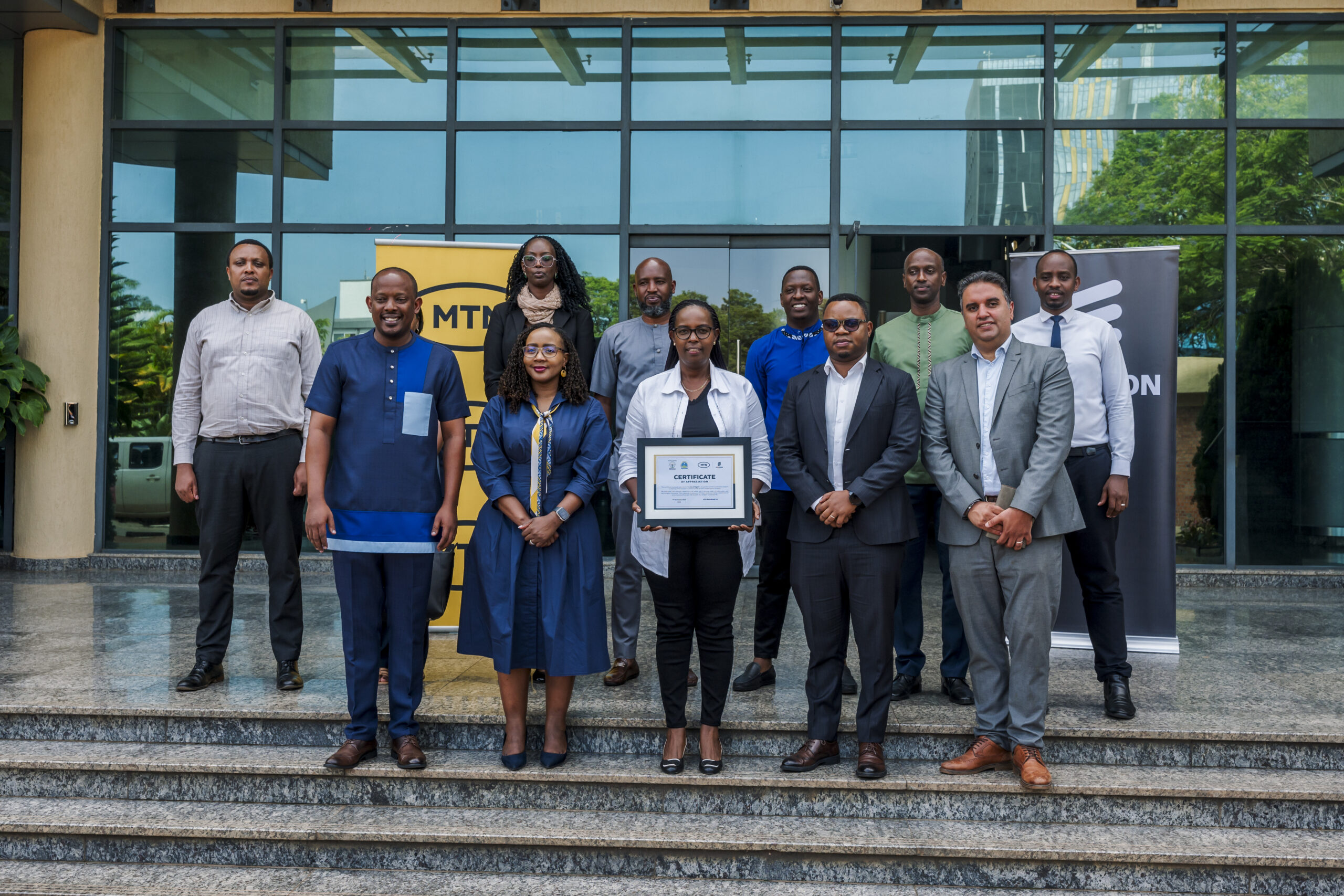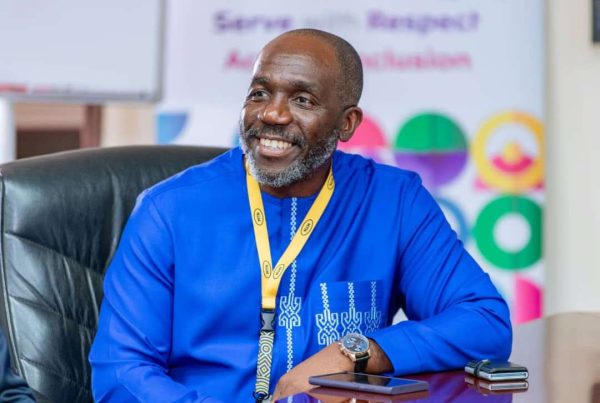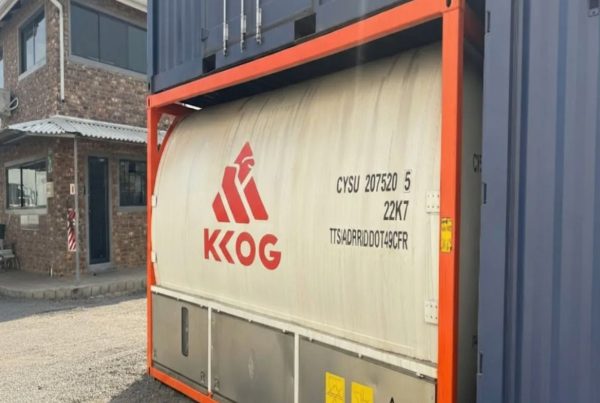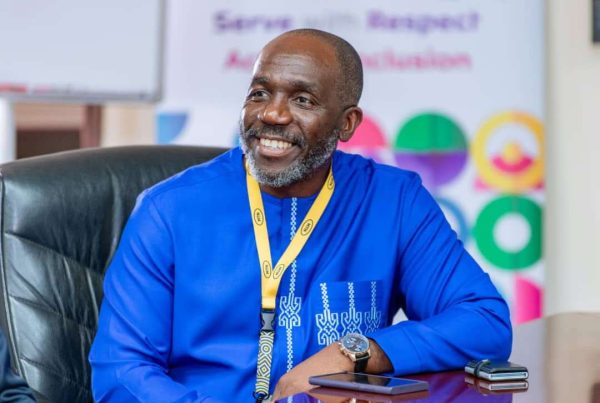Ericsson and MTN Rwanda have completed a comprehensive modernization and expansion of the telecom giant’s network in Kigali, marking a pivotal moment in Rwanda’s digital evolution.
The upgrade not only boosts connectivity and paves the way for 5G deployment, but also underscores a commitment to sustainability and economic development across the country.
This ambitious project promises to enhance network coverage, reduce congestion, and deliver faster data speeds, significantly improving the digital experience for users. With the integration of Ericsson’s energy-efficient, multi-band radios, the initiative also addresses Rwanda’s environmental goals by optimizing energy consumption and lowering greenhouse gas emissions.
MTN Rwanda CEO Mapula Bodibe highlighted the project’s importance, stating that the modernization directly supports the country’s digital and financial inclusion ambitions.
“Our goal is to ensure that every Rwandan experiences the benefits of a connected life. This partnership with Ericsson is a bold step towards a sustainable, digitally inclusive future,” she said.
According to MTN Rwanda’s Acting Chief Technology and Innovation Officer, Eugen Gakwerere, the expanded network would allow for better coverage in underserved areas, increased capacity for more users, and enhanced network stability.
“The energy-efficient upgrades are also a key component of MTN’s “Road to Zero” sustainability initiative, which aims to reduce the environmental impact of its operations,” He said.
Vice President and Head of Global Customer Unit MTN at Ericsson, Hossam Kandeel, emphasized that the partnership aligns with Ericsson’s vision to support Africa’s digital transformation.
“This project is a cornerstone in our commitment to empowering Africa through connectivity, supporting Rwanda’s economic and social development,” he said.
The successful completion of this network overhaul positions MTN Rwanda and Ericsson at the forefront of Rwanda’s digital transformation, enabling broader access to essential services like education, healthcare, and financial services, while also contributing to the country’s ambitious climate action goals.





